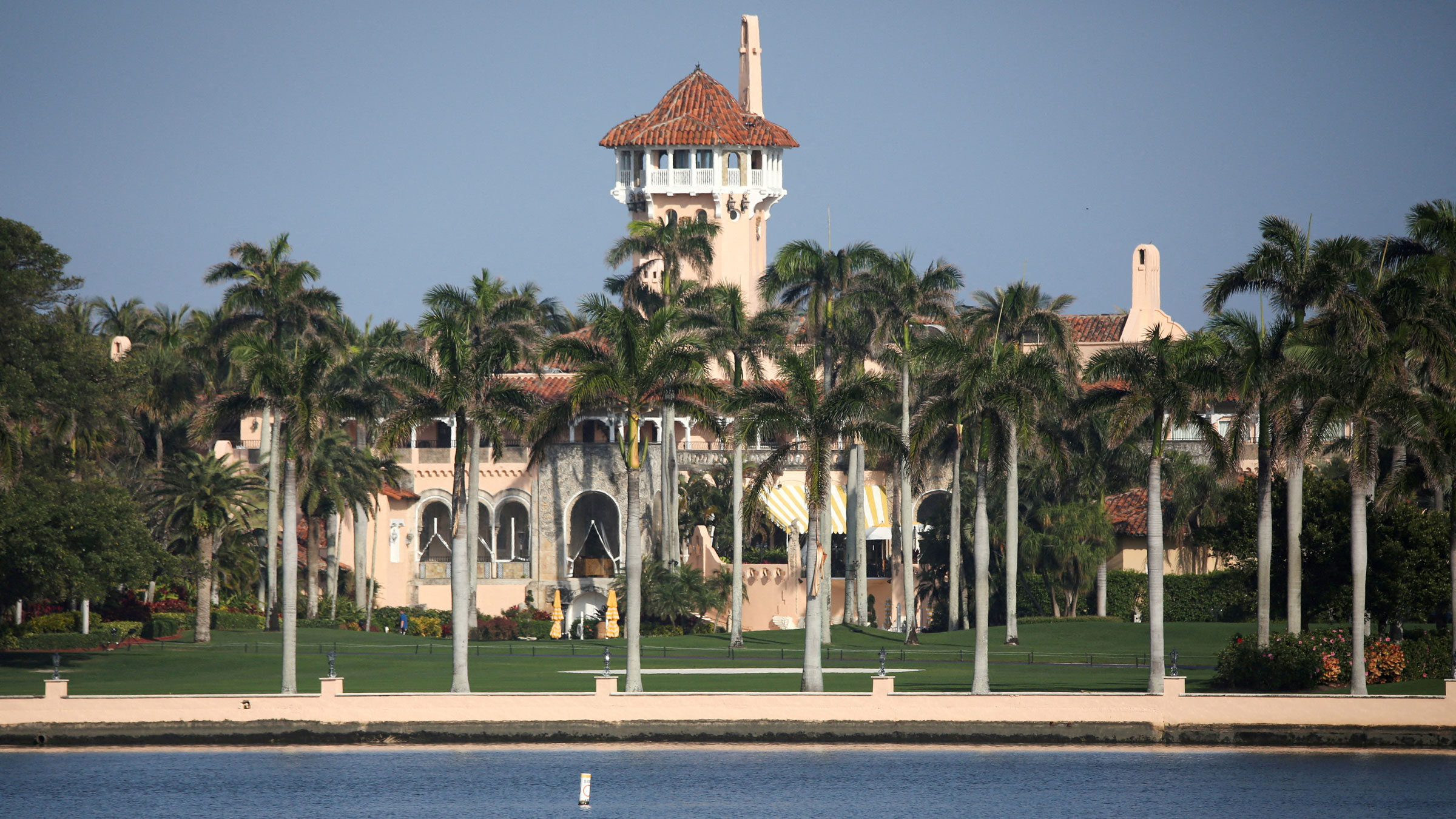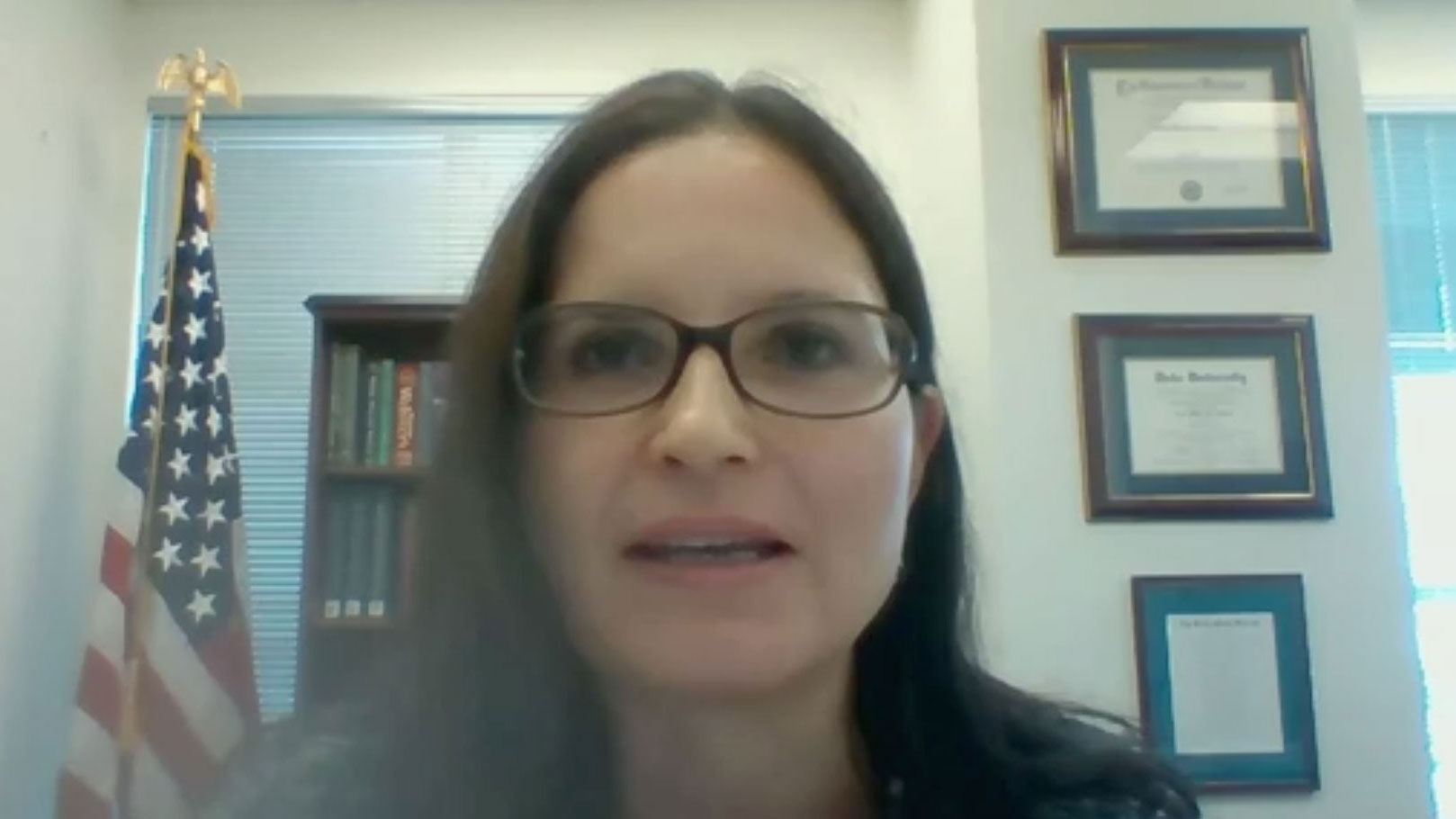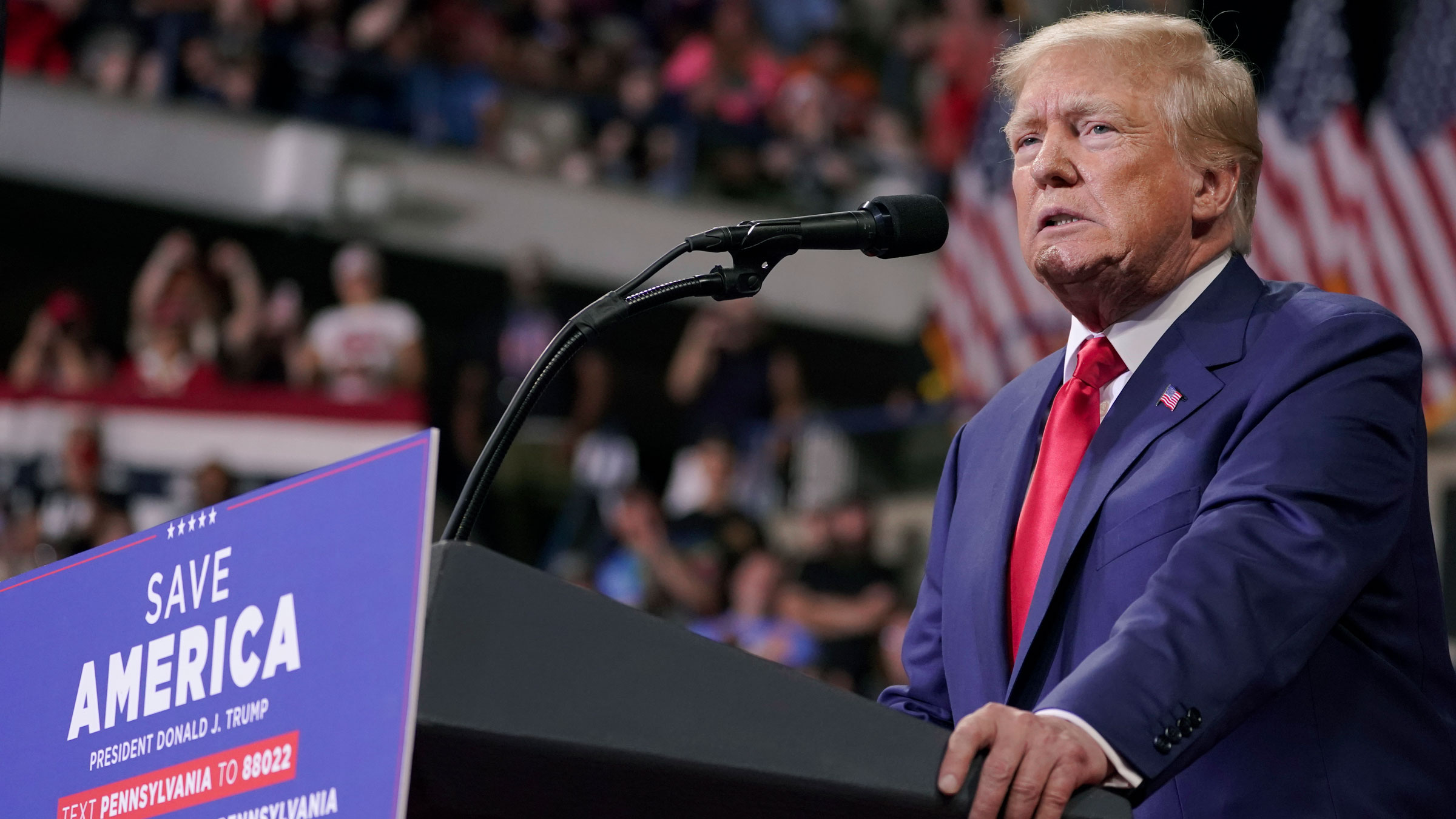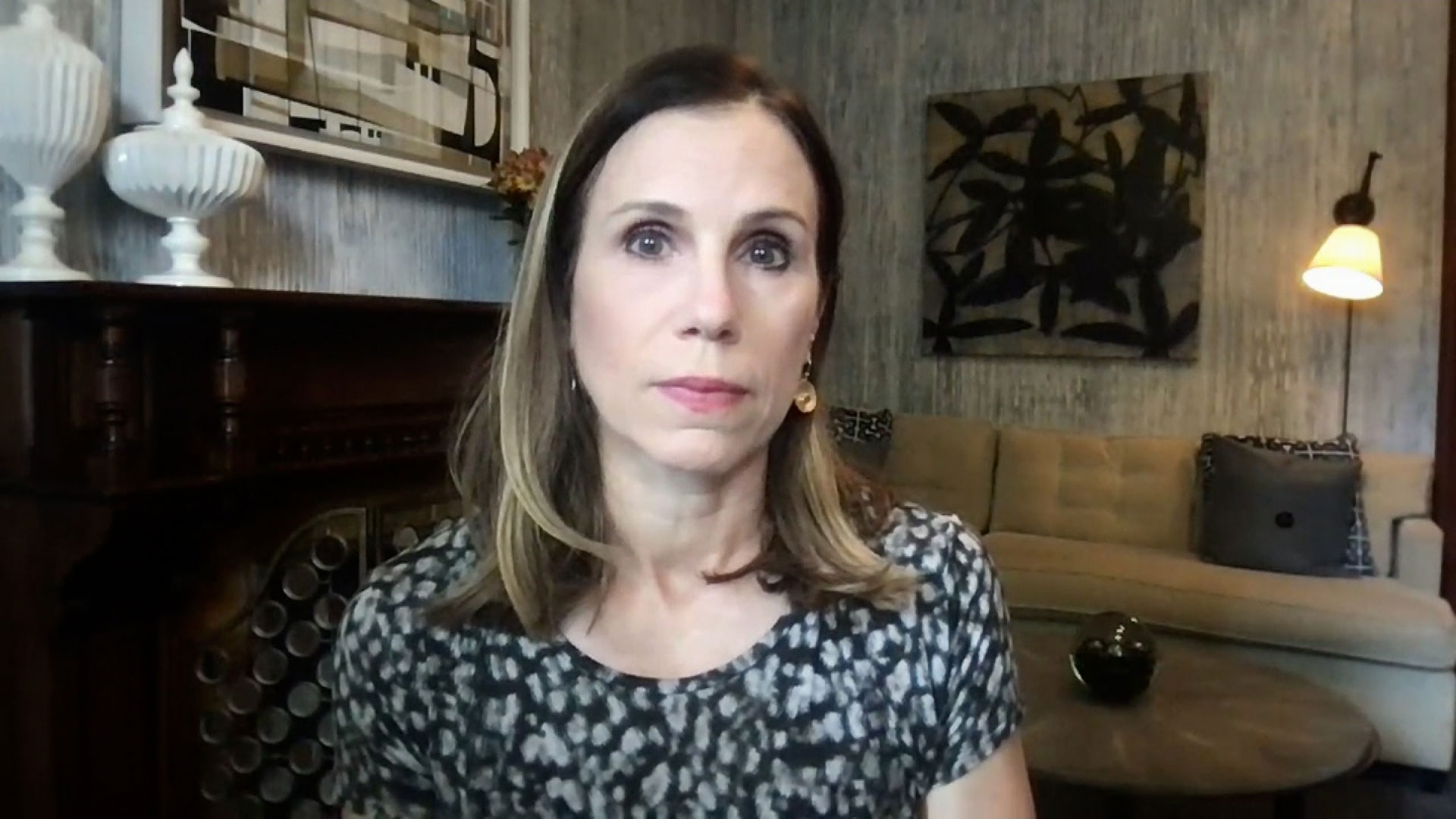A federal judge threw a wrench Monday in the Justice Department investigation into potential mishandling of documents from former President Donald Trump's White House by granting his request for a special master to review evidence seized from his Florida home last month.
The win for Trump temporarily prevents the Justice Department's investigative team from accessing the thousands of documents — some of which are marked as classified — taken from Mar-a-Lago.
US District Judge Aileen Cannon cleared the way for a third-party attorney to review all the seized materials, not just for documents covered by attorney-client privilege — the circumstance in which special masters are usually used — but also for potential executive privilege concerns, a move the Justice Department has said would be "unprecedented."
Here are some of the key takeaways from the judge's ruling and what happens next:
A significant win for Trump: The primary takeaway is simple, the ruling is a major legal win for Trump.
Trump filed a lawsuit seeking a special master to review the materials the FBI seized last month, and now one will be appointed with the potential to decide that certain materials are out of bounds to the FBI's investigation.
Cannon bought into the skepticism Trump's lawyers raised about the unprecedented search of the Florida resort, as they questioned whether investigators could be trusted to properly filter through the thousands of documents that were seized. The judge rejected the Justice Department's assurances that its internal filter team had already sorted out materials that could be subject to attorney-client privileges.
Ultimately, the special master appointment may merely lead to a delay in the federal investigation into documents taken to Mar-a-Lago, but it now introduces a new layer of uncertainty and unpredictability into the investigation.
The former President did not get absolutely everything he asked for — the judge did not rule that any materials seized from his home should be returned to him, for instance.
Immediate next steps focus on rules for special master: Cannon left undecided many key questions about how the special master will operate. She sketched out a plan for how things will move forward for at least the rest of this week and focused on settling those logistical matters.
She ordered Trump's lawyers and prosecutors to "confer" on several big-ticket items: Who are the proposed candidates to serve as special master? What will their specific "duties and limitations" be? What should be their schedule and pacing? And how much will they be paid for their work?
Both sides were told to file a "joint filing" by Friday, spelling out their answers to these questions. Based on how the case has progressed so far, it seems unlikely that the two sides will agree on much. They'll both be able to put in writing their ideas for how they want this to move forward.
Plans to review for "executive privilege": Trump had said that a special master review needed to go beyond documents covered by attorney-client privilege, and that materials covered by executive privilege should be filtered out as well.
Executive privilege refers to private communications presidents have with their advisers and other types of internal communications within the executive branch that are withheld from public release. While disputes over the privilege have come up in congressional investigations, the reaches of executive privilege — particularly when a former president is arguing it should apply when a current president is declining to assert it — is an unsettled area of law.
Cannon's order requires the special master to examine the documents based on "executive privilege" concerns, making the job more expansive than the attorney-client privilege review that happens typically when a special master is appointed. (Documents potentially covered by attorney-client privilege will be part of this special master's review as well, according to Cannon's order.)
She did not elaborate on the parameters the special master should be considering.






